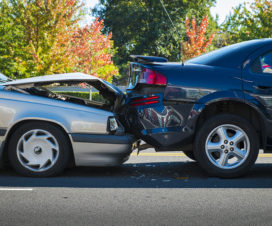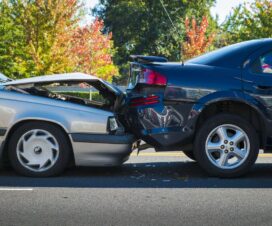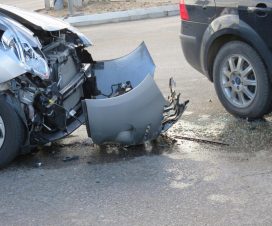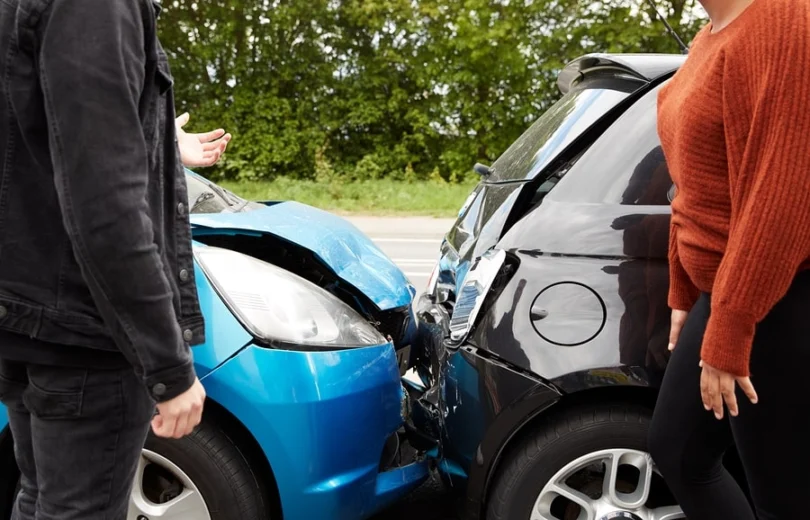 |
Getting in an accident can be stressful, costly and worst, fatal. You can find yourself not only dealing with medical bills and lost income because of the accident but also struggling to get over the trauma.
If you’ve just been in an accident, it’s important to understand liability in car accident cases so that you can be properly compensated for the injuries and trauma you sustained.
Liability in car accident cases refers to the legal responsibility of one or more parties for damages stemming from a collision. This means that if an individual was injured in an accident that was another party’s fault, they may be able to pursue compensation under the law. In order to do this successfully, however, victims must be aware of their rights and how liability works.
What Is Liability In Car Accident Cases?
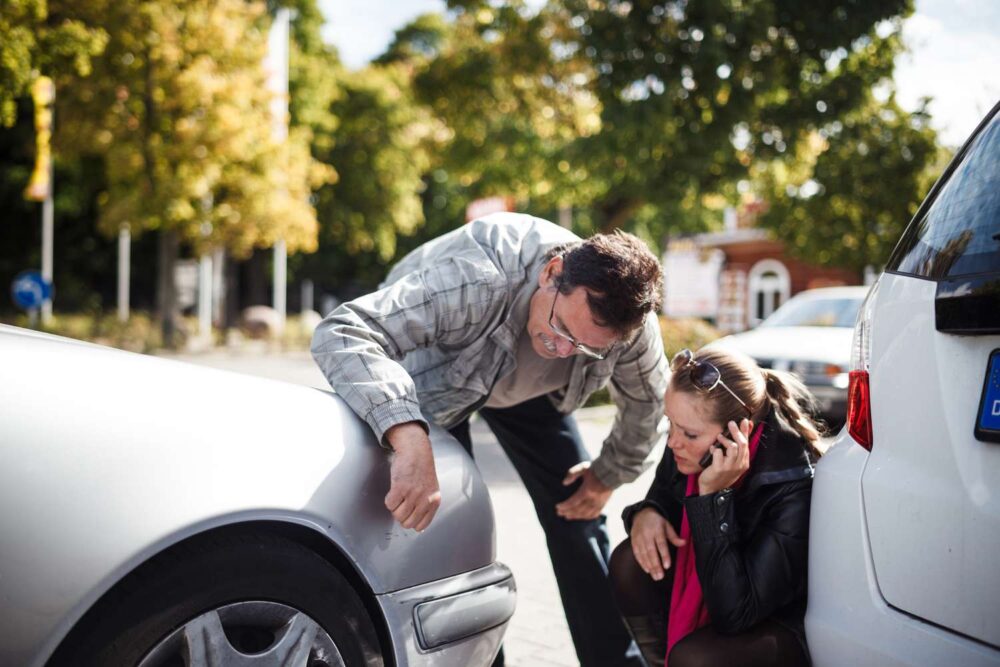
Source: investopedia.com
According to carldbarnes.com, liability is an important concept to understand when it comes to car accident cases.
Liability determines who is responsible for the damages that have occurred as a result of an accident and it assigns who’s at fault. Liability can be used to determine who is financially responsible for any losses sustained by those involved.
The legal definition of liability in car accidents cases varies from state to state. However, it may refer to the responsibility of one or more parties to pay for damages caused by their own negligence or intentional acts. Depending on the circumstances of the case, this could include medical bills, property damage costs, pain and suffering compensation, and even punitive damages in certain cases.
When evaluating a car accident case and determining liability, courts will generally look at a number of factors such as the cause of the accident, who was at fault and how much each party contributed to causing the accident.
It’s important to note that assigning fault doesn’t always mean that both parties are equally liable; sometimes one party may be found 100% liable while the other is found 0% liable. Ultimately, courts will decide what percentage each party is responsible for based on evidence gathered during an investigation into the incident.
No matter which way a court rules in a car accident case regarding liability, it’s important that all parties involved seek legal representation so they can ensure their rights are fully protected throughout the process.
How To Determine Liability In Car Accident Cases
When it comes to car accident cases, determining liability is of considerable importance. In order to ascertain the party at fault, one must first consider the legal concept of ‘liability’. It is defined as the obligation or responsibility of an individual to make good on any harm done by them.
To determine liability in a car accident case, there are a few key elements which need to be taken into account:
First, the negligence of both parties involved must be established. This could involve examining factors such as whether either party was driving recklessly or if they had violated any traffic laws.
Second, one must assess the extent of any damage caused and its effects on each party’s life or property.
Finally, consideration should be given to any relevant insurance policies that may apply in the situation.
It is crucial to carefully evaluate all these factors when attempting to identify liability in a car accident case. Through this process, an informed decision can be made regarding who should bear responsibility for any losses suffered as a result of the incident in question.
Factors That Can Affect Liability In Car Accident Cases
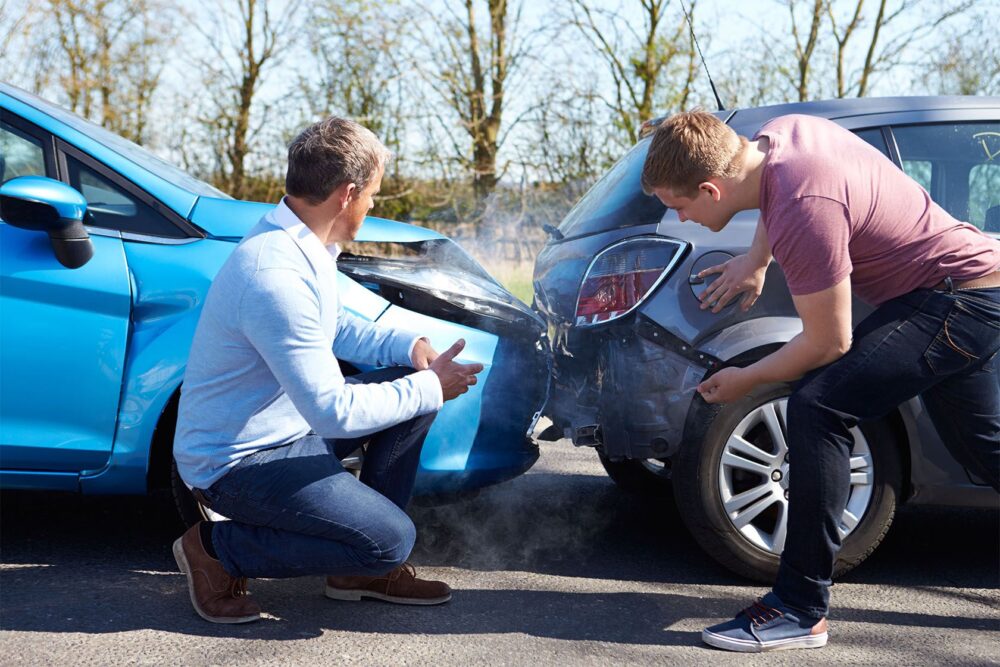
Source: completecovergroup.com
It is important to understand the factors that can affect liability in car accident cases. Liability is determined by assessing fault, which means considering who had a duty of care, whether they breached it and whether the breach caused harm. In some cases, both parties may have been partially at fault.
When determining liability in a car accident case, many factors must be taken into account. These include who had the right of way, speed limits and if any traffic laws were violated. Additionally, evidence such as eyewitness testimony, photographs or videos of the incident and reports from police officers can help to support claims. A big part of determining liability lies on whether or not the driver was impaired due to alcohol or drugs at the time of the accident.
The outcome of a car accident claim may depend on how effectively these factors are evaluated and applied to determine fault and establish liability. If you’re a first-time driver or you don’t know what to do after the car accident, consider hiring a personal injury lawyer.
An experienced lawyer can provide invaluable assistance in understanding these issues and ensuring that their client’s legal rights are protected throughout the process.
Types Of Liability In Car Accident Cases
In car accident cases, liability is a crucial factor that needs to be taken into account. There are two types of liability in this context: contributory negligence and vicarious liability.
Contributory negligence
It is when the injured person holds some responsibility for the accident. In such cases, the amount of compensation received by the plaintiff can be reduced according to their degree of culpability.
Vicarious liability
It is when one party holds legal responsibility for another party’s actions. This can often arise in car accident cases when both drivers are employed by the same company or organization. In these cases, even if only one driver was at fault, their employer may be held liable for any damages caused as a result of their employee’s negligence.
It is important to understand these different types of liability when dealing with car accident cases as they can have an impact on the outcome of a case and who will be held responsible for any costs incurred from the incident.
Potential Damages In Car Accident Cases
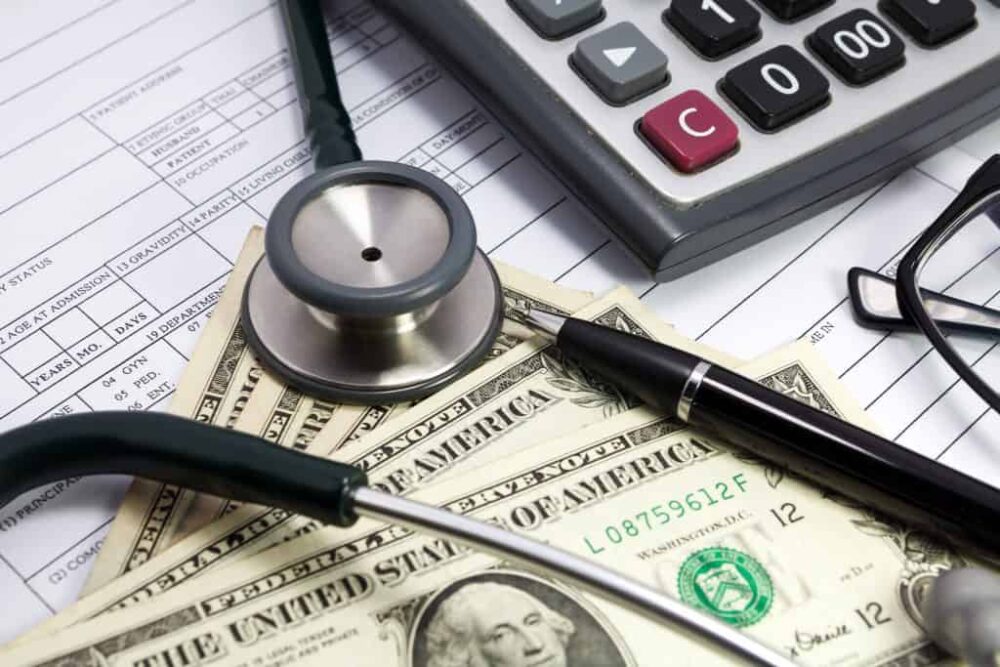
Source: livingonthecheap.com
Potential damages are a key factor in understanding liability when it comes to car accidents. These damages may include medical expenses for those injured in the accident, property damage for both parties, and lost wages due to inability to work.
In some cases, successful claimants may receive compensatory damages which cover the costs of medical bills, pain and suffering, loss of wages due to missed work days, or even punitive damages if the responsible party is found to have been especially negligent.
In addition, depending on the circumstances of the case, other types of damages such as wrongful death or diminished earning capacity may also be awarded.
It is important to note that understanding all aspects of a car accident case involving potential damages requires close examination of each individual’s legal rights in order to determine if any type of compensation is owed. An experienced lawyer can help evaluate a claimant’s potential damages and provide guidance on how best to pursue them.
Conclusion
Understanding liability in car accident cases is essential for navigating the legal system and protecting one’s rights. Liability can be determined based on a variety of factors, and it is important to weigh all of these carefully when seeking compensation in a case.
Moreover, there are various types of liability that may come into play in car accident cases and insurance implications must be taken into account when determining fault and settling claims.
Knowing how to prove fault and negotiate settlements is also key to achieving a successful outcome in such matters. With this knowledge, individuals can make informed decisions about their rights and responsibilities following a car accident.

